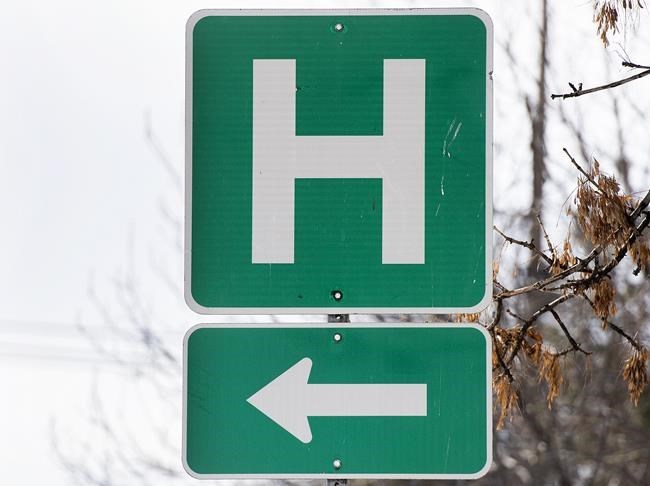TORONTO — Ontario doctors and the organization representing them blasted the provincial government on Saturday for its quietly unveiled plans to end a program that provides health-care services for people without health insurance.
The Ontario Medical Association said it first learned of the pending suspension on Friday, issuing a statement saying it received notice from the government that the Physician and Hospital Services for Uninsured Persons Program would wind down as of March 31. The Ministry of Health later confirmed the decision and end date.
OMA President Dr. Rose Zacharias said her organization, which represents the province's doctors, is "extremely concerned" about the government decision to end the program.
"We know that it was providing care for particularly marginalized, vulnerable patients that we care for," she said in an interview. "The abrupt discontinuation of this program, we believe, could be quite detrimental to the livelihood of some of our patients."
Zacharias said the move will affect patients who face barriers that prevent them from getting a health card in Ontario. She said those could include some people experiencing homelessness, those facing language barriers or mobility issues, many newcomers, foreign workers and international students.
Criteria listed on the province's website shows residents wanting to get, renew or replace their health card in Ontario need to submit three separate original identification documents: one proving they have Canadian citizenship or eligible immigration status, one proving they live in Ontario and another confirming their identity.
Ontario established the program in 2020 near the start of the COVID-19 pandemic to pay hospitals and physicians for medical services provided to patients who don't have provincial health coverage.
The Ministry of Health said the program was introduced as a measure to support residents during the pandemic at a time when border closures and travel restrictions made it difficult to leave the province.
"With lower rates of COVID-19 and the ending of public health restrictions, the province is winding down its pandemic response measures to focus resources on delivering services Ontarians need the most," the ministry said in a statement.
Zacharias said the program helped a lot of people who didn't have health-care coverage, adding about 7,000 physicians billed the Ontario government for a total of 400,000 patient services while it was in effect
She said Ontario doctors want the government to extend the program temporarily for six months and work with them to develop a long-term solution that addresses the medical needs of uninsured residents.
"The solution would be that, in the end, this medically vulnerable population would receive care," she said. "I am hopeful that ... we would be able to re-engage (with the government) in further solution-generating discussion."
Dr. Michael Warner, the medical director of critical care at Michael Garron Hospital in Toronto, said the program closed a significant gap in the provincial health-care system. The pending reversal, he said, risks undoing that progress.
"I think that's a big mistake. It's a regressive decision," he said in an interview. "That (decision) harms patients and is also unfair to physicians. ... I also don't understand what problem they're trying to solve by going back to the status quo. Was it that too many poor, marginalized and unwell people were getting access to care and they want to roll that back? Was it that doctors were getting paid for the work they did and they think they should be working for free?"
He said the government should remove barriers that prevent uninsured patients from getting a health card before axing their health coverage.
"What they haven't done in the three years since they initiated the uninsured payment policy is removed any barriers to getting a health card," he said of Premier Doug Ford's government.
"If you're a person with a physical disability, that's a big problem. ... Plus it asks for a home address, so if you're experiencing homelessness, and you don't have a home address, you can't complete the form."
Warner said doctors will continue providing care for patients regardless of whether they have a health card or not, but argued the government should pay them for their work.
"This is not about physicians not providing care. We will always provide you care. But the government can lean on that knowing that we will, because we're ethical people, we will care for people," he said. "But why shouldn't doctors get paid for that? Why shouldn't hospitals get paid for that? And what does that say about the value the government ascribes to those physicians who tend to care for those on the margins?"
This report by The Canadian Press was first published March 25, 2023.
Maan Alhmidi, The Canadian Press



